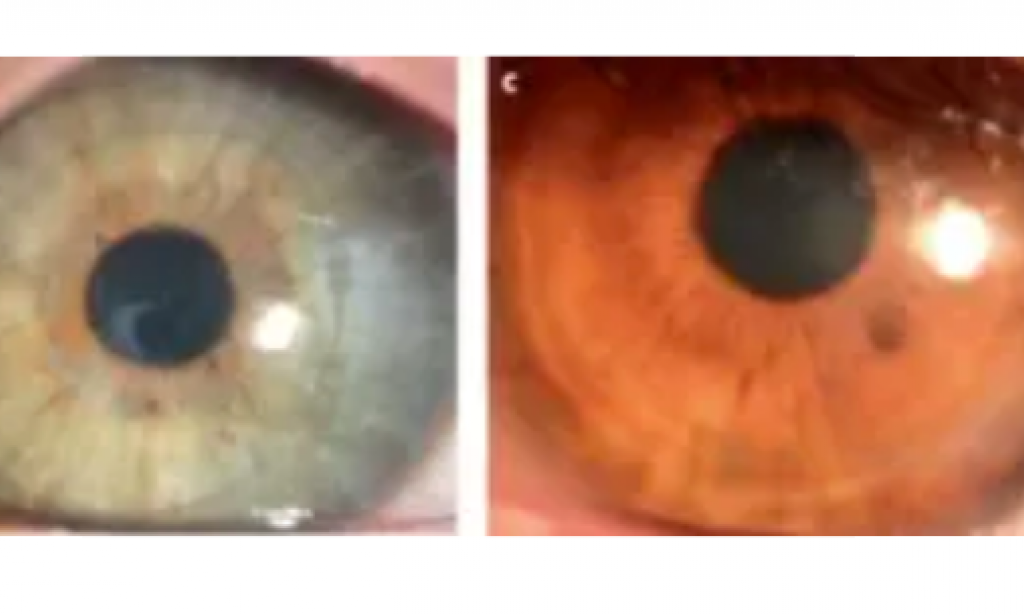Biotechnology in Nature An artificial cornea created from pig cells gives sight to the blind. RESEARCH - Twenty patients with eye degeneration were given implants manufactured from pig cells, according to a study from the University of Linköping (Sweden) that was published on Thursday, August 11 in Nature Biotechnology. Twenty persons with advanced keratoconus, 14 of whom had gone blind, participated in this experiment in India and Iran. They all had their sight restored, and three of them still have 20/20 vision. The researchers reported no issues in the patients two years following the implantation of these artificial corneas. Over 12 million people suffer from the degenerative condition keratoconus worldwide. As a result, the cornea's sphericity is lost.
According to the science communication website Sciences Alert, transplants have restored sight to people who had been severely afflicted by the condition before. The first transplant of a completely artificial cornea in Europe was carried out on a blind patient in France at the Rothschild Foundation Hospital.
The fact that the implants are created from pig skin cells, on the other hand, is novel. The fact that it is a cheap and accessible raw material is a benefit. "We made enormous efforts to make sure that everyone, not just the wealthy, would have access to and be able to purchase our technology. This is why this technology might be applied anywhere in the world, according to Mehrdad Rafat, one of the study's lead authors.
According to Neil Lagali, a professor of experimental ophthalmology at Linköping University, the procedure is also less intrusive for the patient because the doctor need not remove any of the patient's own tissue. Instead, a tiny incision is made, and the implant is put into the natural cornea through there.
Larger clinical trials must be conducted prior to a potential marketing, even if this transplant appears to be a miracle cure for all patients with severe keratoconus.
Tom Holland departs Instagram for his mental health, as seen in The Huffington Post.
You are unable to view this content because you rejected the cookies linked to third-party content. You can alter your selections if you want to see this content.

You must be logged in to post a comment.